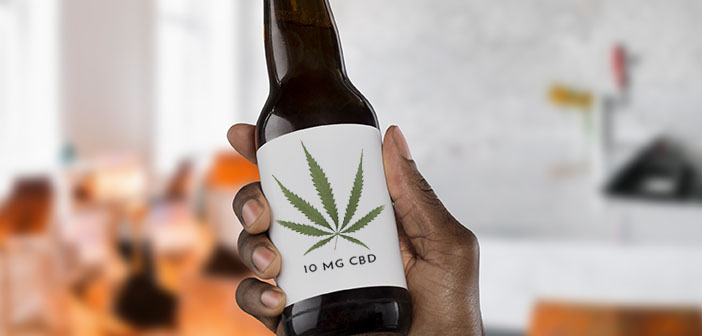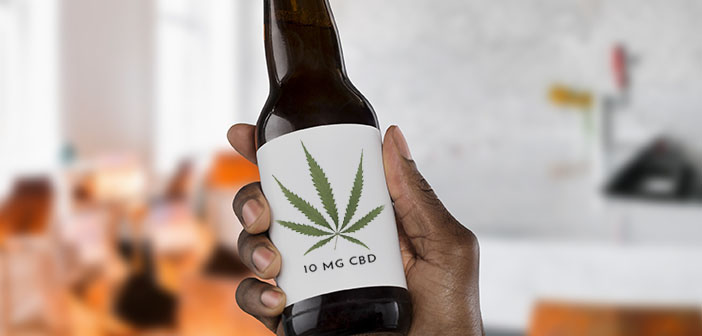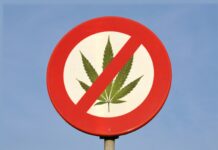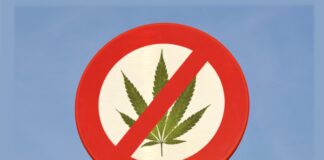
There’s a sizable market waiting and willing to try legal cannabis-infused products, according to a new survey by Chicago-based management consulting firm A.T. Kearney, signaling that laws could be lagging behind public sentiment in both Canada and the United States.
The company surveyed about 2,000 Americans and Canadians with some awareness of cannabis about their attitudes toward marijuana and the various types of consumption methods they would prefer. In its new report, “The Cannabis Opportunity,” 76 percent of respondents said they would try a legal, infused therapeutic cannabis product and 55 percent reported they would try snack foods. Half of respondents said they would try cannabis-infused supplements, and 43 percent would use cosmetics with marijuana derivatives. The majority reported interest in non-impairing CBD products with low levels of THC.
On the recreational side, more than half of those surveyed said they would try recreational cannabis if legal. Of those, most said they would replace beer consumption with marijuana. As for brand perception, 85 percent said their opinion of a brand would improve or stay the same if it launched a cannabis-infused product.
“The survey clearly demonstrates the viability of the market for cannabis across multiple consumer segments – consumers packaged goods and retailers focused on health and wellness, snacking, functional food and beverage, and beverage alcohol need to have a perspective on how they will approach the cannabis opportunity,” A.T. Kearney partner Randy Burt said in a statement.
Recreational cannabis flower and oils will become legally available in Canada on Oct. 17, 2018, but pre-packaged edibles, concentrates, and topicals won’t be on store shelves for at least another year, according to Canadian federal government officials. In the United States, nine states have legalized recreational cannabis, and 31 and Washington, D.C., have some form of medical cannabis program.
Bradley Poulos, an instructor at Ryerson University’s Ted Rogers School of Management in Toronto, says Canadians will likely have access to both therapeutic and recreational products such as edibles and topicals much sooner than Americans in non-legal states will.
“The way the [Cannabis Act] reads, all of those other product formulations must be made available within one year, so we know they’re coming — it’s not about if, it’s only a matter of when,” Poulos told Marijuana.com. “It’s written right into the law that edibles and beverages and the like have to be made available within 12 months of October 17.”
In the November 2018 elections in the U.S., marijuana law reform will be on the ballot in Michigan, Missouri, North Dakota, and Utah.











